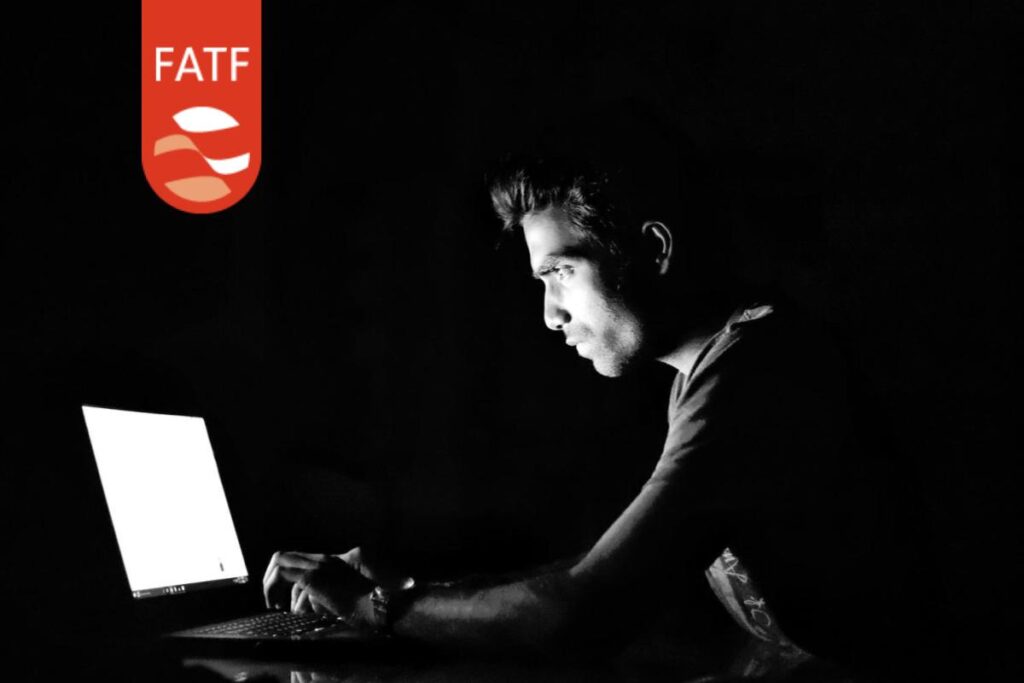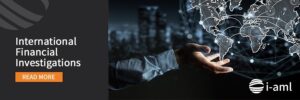The world is awash in dirty money and criminals who are constantly finding new ways to hide their loot in real estate, art, securities, cryptocurrencies and old fashioned bank accounts. Policing the latest tricks in digital transfers and offshore shell companies falls to financial regulators in each country, but there’s also an obscure international group that’s exerting more influence.
For more than three decades, the Paris-based Financial Action Task Force has been confronting the challenge of illicit finance. Though the body is sometimes criticized for focusing too much on formal regulation, the mere risk of ending up on the FATF’s watchlist has been enough to spur some governments into action.
.
- What is the FATF?
It’s an intergovernmental organization that sets standards to try to curb money laundering. Created by the Group of Seven nations at a summit in 1989, the goal was to protect their financial systems from criminal activity such as drug trafficking. The FATF is perhaps best known for pioneering the “know-your-customer” rules that require institutions to ascertain the true identities of account holders. Those requirements are now commonplace in banks, investment houses and payment processing firms. The FATF has also set guidelines for national laws and how to manage account data. Following the attacks of September 11, 2001, the FATF developed standards for combating terrorist financing. It’s made up of 39 members, including the G7, China and Russia and emerging economies in South America and Africa.
.
- Why does it matter?
The FATF’s recommendations are taken seriously because no nation wants to be flagged for deficiencies that might cast doubt on the integrity of its banking system, or worse, be branded an under performer. The FATF lists North Korea and Iran in its worst category, and designates nations including Panama, Malta and the Philippines as “monitored jurisdictions” working with the organization to improve their controls. Moreover, many countries fear the scrutiny of prosecutors and regulators in the U.S., an influential force in the FATF, which has slapped foreign institutions with billions of dollars in penalties and the threat of criminal prosecution for failing to prevent malfeasance. Government officials facing an imminent FATF audit often scramble to get up to snuff. Since an FATF report on the United Arab Emirates in April 2020, authorities have set up courts focused on financial crimes, adopted new disclosure requirements around company ownership and imposed new rules on hawalas, the charities often alleged to enable terrorism-related money flows. The UAE is now awaiting a decision on whether it will be included on the FATF’s so-called gray list.
.
.
- What does being on the gray list mean?
That a country requires closer monitoring as it’s not been doing enough to fight money laundering and the financing of terrorism. The designation can make foreign investors more wary of doing business there. A report by the International Monetary Fund in 2021 found that being gray-listed results in an average decline in capital flows coming into a country equal to 7.6% of gross domestic product. Should the FATF apply the designation to the UAE, it would be among the most significant such steps in the group’s history given the UAE’s position as the main financial hub of the Middle East.
- Is the FATF making a dent in money laundering?
While experts welcome the group’s efforts, many contend that its findings, which tend to focus on technical compliance, can be out of sync with the reality on the ground. The U.K. won high marks in its 2018 assessment but anti-corruption groups such as Global Witness point out that corrupt despots and oligarchs remain prolific users of Britain’s financial system. In 2019, Transparency International U.K. traced $418 billion in suspicious wealth through scores of banks, law firms, properties and prestigious private schools such as Harrow School. Even as British prosecutors freeze the assets of some suspected money launderers, they have a poor record when it comes to convictions in high-profile cases, according to anti-corruption experts. While it’s challenging to calculate, the United Nations Office on Drugs and Crime estimates that the amount of money laundered globally in one year is 2% to 5% of global gross domestic product, or somewhere between $800 billion and $2 trillion. David Lewis, who left as head of the FATF in January, called efforts to combat money laundering inadequate.
.
- Does the FATF have real teeth?
Yes, to a degree. A bad report card from the FATF can be a call to action. The Netherlands, for instance, was criticized by the FATF in 2015 for not doing enough to require banks to verify the identity of their account holders. The Dutch government and the central bank have since made a flurry of changes, including the approval of penalties for lenders that can amount to a fifth of their annual revenue, double the level mandated by the EU’s anti-money laundering law. However, the job of adopting and enforcing anti money-laundering measures still falls to a patchwork of national regulators and local law enforcement authorities that apply laws and standards differently. After a wave of scandals struck Nordic banks over their handling of dirty money in the Baltic nations, the European Commission has proposed creating a centralized body with the power to clamp down on illicit finance in the bloc’s member nations.
.
The Reference Shelf:
- QuickTake explainers on how money launderers operate and the UAE’s new corporate tax.
- The Financial Action Task Force’s portal for reports on money laundering practices in member countries.
- The organization’s standards and recommendations countries should follow to curb dirty money.
- Transparency International UK’s statistical analysis on the breadth of money laundering in the British property market.
.
February 14, 2022, published by Bloomberg News.







